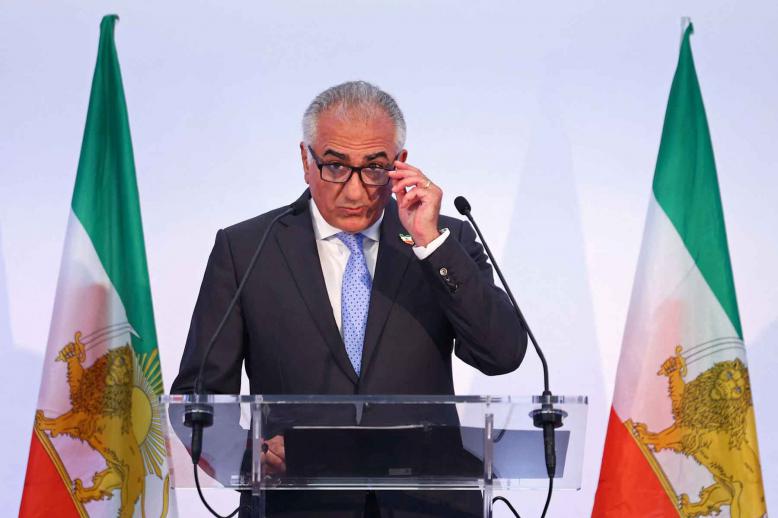Politics intrude in run-up to World Cup
LONDON - Qatar's beIN Media said Sunday that "lengthy" talks with Emirates telecom company Du had broken down, potentially denying thousands of fans the chance to watch World Cup games live.
"BeIN Media Group announces that after lengthy negotiations, it has not been able to reach to this day an agreement to continue its services over Du's network," the Doha-based broadcaster said in a statement posted on Twitter.
Du and Etisalat are the two only telecom companies in the United Arab Emirates showing channels from beIN, which has exclusive rights to show all 64 matches lives across the Gulf.
The announcement comes just 11 days before the World Cup starts and on the eve of the one-year anniversary of a diplomatic dispute between the countries.
As well as ongoing political tensions, beIN says its channels are being pirated in a sophisticated operation across the region, with pictures broadcast illegally by a company called beoutQ.
Services to Du had been interrupted since Saturday, with the UAE firm saying the blank screens were the result of action taken by beIN.
An agreement with Etisalat has been reached so that it can continue to broadcast beIN channels to its customers.
A group of countries including the UAE cut all ties with Qatar on June 5, 2017, accusing Doha of supporting extremism and being too close to regional rival Iran. Qatar denies the allegations.
In the immediate aftermath of the crisis beIN channels were blocked in the UAE, but were back on air by July last year.
Earlier this week beIN urged FIFA to launch legal action against those bootlegging their broadcasts in the region.
Palestinians protest
Palestinian football boss Jibril Rajoub called Sunday on Barcelona star Lionel Messi not to play in an Argentina-Israel game in Jerusalem and urged fans to burn their shirts if he does.
Rajoub, head of the Palestinian Football Association, has long demanded sanctions against Israel, which has six league teams based in Israeli settlements in the occupied West Bank.
At a news conference in the West Bank city of Ramallah he told journalists he had written to Argentina's government asking that Messi not take part in the June 9 friendly.
"This match has become a political tool," Rajoub said in Arabic.
"The Israeli government is trying to give it political significance by insisting it be held in Jerusalem."
Palestinians are outraged at US President Donald Trump's decision last December to recognise Jerusalem as Israel's capital, breaking with decades of policy, and move his country's embassy there.
The embassy opened on May 14, fanning Palestinian anger and intensifying protests on the Gaza border, with at least 61 Gazans killed in clashes with Israeli forces that day.
Palestinians claim the eastern part of Jerusalem, annexed by Israel, as the capital of their future state. The Jewish state considers the entire city its own "indivisible" capital.
"Messi is a symbol of peace and love," Rajoub said.
"We ask him not to participate in laundering the crimes of the occupation."
Messi, he added, "has tens of millions of fans in the Arab and Muslim countries... we ask everyone to burn their shirts which bear his name and posters (with his image)."
The Palestinian association says Israel is in breach of FIFA statutes which state that a member country's teams cannot play matches on the territory of another association without permission.
The Israel-Argentina game is to take place at the Teddy Stadium in Jerusalem which has a capacity of 31,733 seats.
Tickets sold out within 20 minutes of going on sale last month.
Argentina will play against Haiti on May 29 and then Israel just one week before their first match in the World Cup against Iceland on June 16 in Moscow.
In Group D, Messi's men will face Croatia on June 21 and Nigeria on June 26.
Israel finished fourth in Group 7 in qualifying for the World Cup, behind Spain, Italy and Albania.
They last qualified in 1970.
In the past, Argentina have played Israel several times in friendly matches, usually before the World Cup, suffering a 1-2 defeat in 1998 but crushing the Israelis 7-2 in 1990 with Maradona at the helm.






